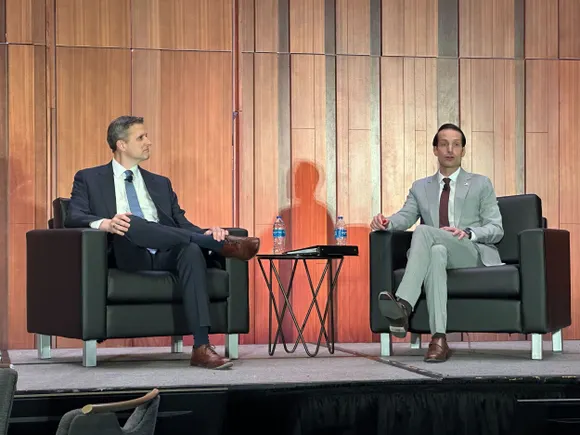IELTS attributes the situation to a “technical issue” affecting some reading and listening components of its Academic and General Training tests.
Testing company says 99% of its tests in the relevant time period were unaffected by the bug and offers apologies and support to test-takers who received incorrect results.
Commentators point out the consequences of the score changes could be far-reaching as IELTS launches an investigation into the problems.
IELTS test-takers around the world have been informed that some results dating back to August 2023 were incorrect, and revised scores have now been issued.
The incorrect test results are a result of a “technical issue” affecting a number of listening and reading components of some IELTS Academic and General Training tests. Most result corrections are upwards, with some downwards. The majority of test-takers saw changes in component scores, with some experiencing a 0.5 band score change too.
“IELTS recently identified an issue that led to a small proportion of test-takers receiving incorrect results between August 2023 and September 2025,” the company said in a statement.
“Over 99% of IELTS tests during this time period were unaffected and there are no continuing issues with current IELTS tests. We have contacted affected test-takers to provide updated results, to offer our sincere apologies, and to provide appropriate support. We have also contacted relevant recognising organisations.”
The organisation maintained it has “strict quality control procedures” in place to protect the integrity of the millions of IELTS tests it administers each year and assured it has taken “all necessary steps” to prevent this issue from happening again.
IELTS, co-owned by IDP, Cambridge University Press, and the British Council, has launched a help page addressing the issue. The page provides answers to frequently asked questions and guidance for affected candidates and organisations on next steps, including how to access revised scores.
Affected test-takers are being offered refunds and free resits.
Michael Goodine, owner of Test Resources in South Korea, and commentator on the testing industry, said the story highlights “how important it is for test makers to identify problems as quickly as possible so that test takers have sufficient time to protect their interests”.
Goodine worries that those test-takers who originally received lower scores may have “missed out on life-changing academic and professional opportunities for which they needed a particular IELTS score”.
The PIE contacted IELTS for comment.
Goodine also has concerns that the technical issue may have prevented some candidates from meeting immigration or residency requirements.
“It may be too late for some of these individuals to get back on track. I feel for those people,” he said.
Testing companies serve as gatekeepers for academia and for immigration.Michael Goodine, Test Resources
And he worries that candidates who received inflated scores may have found themselves struggling in academic settings.
“Testing companies serve as gatekeepers for academia and for immigration. When they mess up, the consequences can be far-reaching and profound,” said Goodine.
IELTS describes the issue as “an internal IELTS issue” and said it has completed a thorough investigation into the cause of the issue “to ensure no current or future test takers would be affected, and to rectify the issue for those impacted”.



























